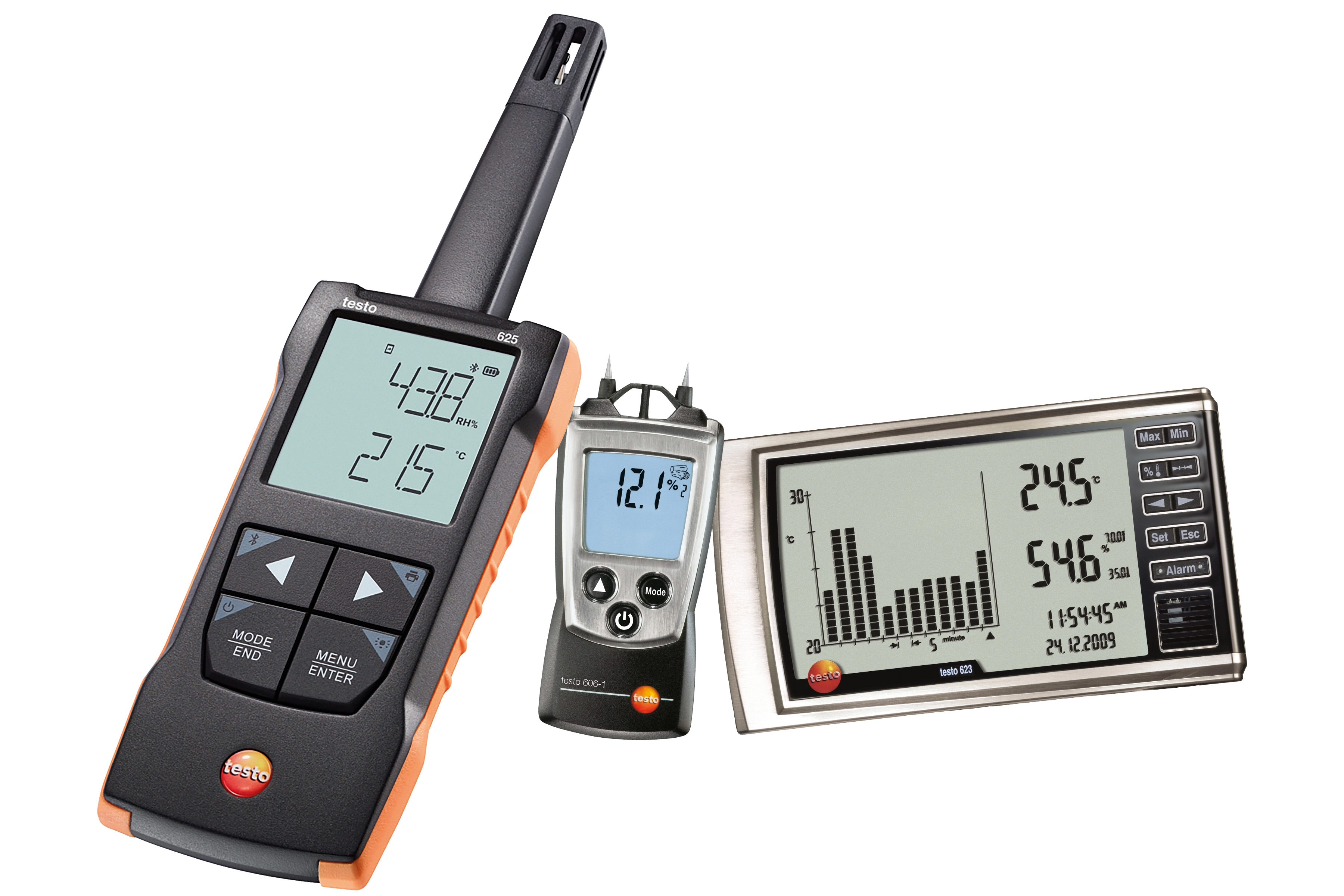Top 10 Benefits of Using a Moisture Meter for Correct Measurements in your house
The Ultimate Guide to Moisture Meters: A Comprehensive Introduction and Exactly How They Can Save You Money
In the world of structure maintenance, building, and various sectors, the relevance of properly determining dampness degrees can not be overemphasized. Wetness meters act as essential devices in identifying and keeping track of moisture content in products, helping in avoiding pricey problems and ensuring the top quality of products. Understanding the subtleties of different kinds of wetness meters, their applications, and the prospective cost-saving advantages they use can be a game-changer for specialists and companies alike. Uncovering exactly how these devices can not just streamline procedures yet likewise add to financial savings is a trip worth beginning on.
Kinds Of Moisture Meters
One usual type is the pin-type wetness meter, which determines the electric resistance in between two pins placed right into a material. Pinless moisture meters, on the other hand, use electro-magnetic sensing unit plates to scan a bigger location without creating damages to the product's surface.
Infrared wetness meters determine the thermal homes of a material to identify its moisture content non-invasively, making them valuable for applications where pin or pinless meters might not be appropriate. Understanding the different kinds of dampness meters offered can help sectors pick the most proper tool for their particular moisture dimension requirements.

Advantages of Making Use Of Moisture Meters

Additionally, utilizing dampness meters can bring about enhanced power performance. By recognizing locations with high moisture levels, such as leaks or bad insulation, modifications can be made to boost power preservation and reduce utility costs. In agricultural settings, wetness meters play a vital duty in maximizing plant returns by enabling farmers to keep track of soil wetness levels and make notified watering choices. Overall, the advantages of making use of dampness meters extend throughout numerous industries, providing cost-effective solutions and promoting far better quality assurance practices.
Just How to Pick the Right Moisture Meter
Choosing the suitable dampness meter includes thinking about key variables such as product compatibility, measurement array, and calibration precision. When choosing a dampness meter, it's vital to make sure that the meter is appropriate for the particular product you will be screening. Different products have varying electrical homes that can affect wetness readings, so picking a meter developed for your product is important for precise outcomes. Additionally, take into consideration the measurement variety of the wetness meter. Make certain that the meter can identify wetness degrees within the range needed for your applications. Calibration precision is another essential aspect to remember (Moisture Meter). Select a dampness meter with trusted calibration to guarantee specific and consistent readings. Some meters might need regular calibration modifications, so recognizing the calibration process is necessary. By meticulously assessing these aspects, you can choose a dampness meter that meets your needs and supplies exact dampness measurements for your projects.
Appropriate Methods for Moisture Meter Use
To make certain exact wetness readings and maximize the performance of a wetness meter, using appropriate strategies is necessary. When using a pin-type dampness meter, place the pins or probes right into the material being examined till they make complete contact. By complying with these proper methods, users can depend on their wetness meter to provide reliable moisture levels, assisting in avoiding pricey damages or guaranteeing top quality in different applications.

Expense Savings Through Moisture Meter Applications
How can the tactical usage of wetness meters lead to substantial price financial savings across various markets? In the agriculture sector, moisture meters aid in figuring out the optimum time for collecting plants, preventing over-drying or excess wetness that can impact the final product's high quality.

Moreover, in the food processing market, wetness meters are vital for keeping an eye on item high quality and making sure compliance with safety laws. By properly gauging moisture material in food items, producers can prevent websites spoilage, keep quality, and reduce waste, leading to significant cost financial savings. Generally, the tactical application of moisture meters is a valuable financial investment that can result in considerable expense decreases and enhanced effectiveness throughout different sectors.
Verdict
Finally, dampness meters are valuable tools for determining and discovering dampness degrees in various products. By using the best moisture meter and complying with appropriate methods, individuals can successfully protect against pricey problems created by excess wetness. Buying a high quality wetness meter can cause considerable expense savings in the future by identifying potential concerns at an early stage and allowing punctual removal. Inevitably, wetness meters are crucial instruments for keeping the stability and durability of frameworks and materials.
Dampness meters offer as important tools in detecting and monitoring moisture content in materials, helping in avoiding pricey damages and making sure the top quality of products. Infrared moisture meters measure the thermal buildings of a material to establish its moisture web content non-invasively, making them helpful for applications where pin or pinless meters may great site not be appropriate.Wetness meters provide vital benefits in accurately assessing and keeping an eye on dampness levels in diverse materials and settings. In agricultural setups, wetness meters play an essential duty in maximizing plant yields by enabling farmers to monitor dirt moisture levels and make notified watering more tips here decisions.In conclusion, dampness meters are beneficial devices for determining and detecting wetness levels in numerous products.